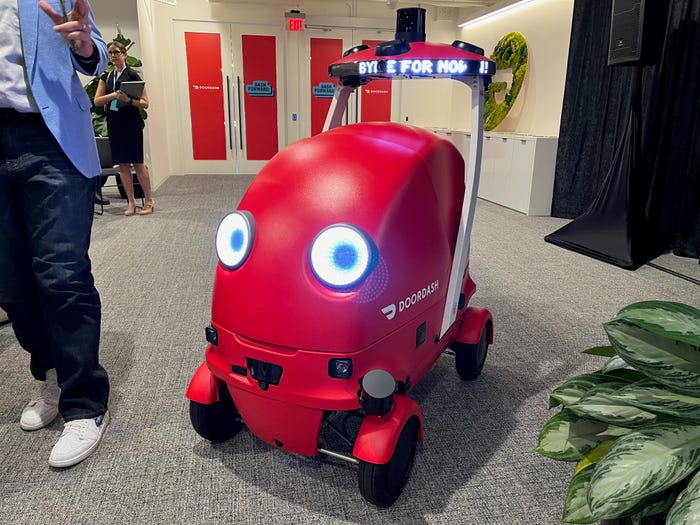BREAKING NEWS: Uber, Lyft, and DoorDash are sounding the alarm on the urgent need for substantial investments to accelerate the rollout of self-driving technology. During their latest earnings reports, all three companies emphasized that without significant financial backing, the dream of widespread autonomous vehicles could stall.
Uber CEO Dara Khosrowshahi revealed in a call on Tuesday that self-driving cars are currently operating at a loss for the company. However, he stressed that Uber is committed to investing in the expansion of driverless cars to meet rising demand from riders. “We can turn those products profitable if we want it tomorrow, but it’s about the balance of investing in profitability and growth,” he explained.
Lyft is also making strides toward this future. CFO Erin Brewer disclosed plans for a new depot in Nashville, which will cost between $10 million and $15 million to construct. This facility will serve as a hub for autonomous vehicles, allowing for charging, servicing, and storage.
Meanwhile, DoorDash is taking bold steps in its autonomous delivery endeavors. In a report released on Wednesday, DoorDash announced it will spend “several hundred million dollars more” than previously anticipated on key initiatives, including its autonomous delivery robot, Dot. This compact robot is designed to navigate sidewalks and bike lanes, and its development is critical to DoorDash’s future operations.
“This is not something that’s going to happen overnight,” said DoorDash CEO Tony Xu. “It does require making investments upfront.”
Despite the ambitious plans, DoorDash’s announcement sent shockwaves through the market, causing its stock to plunge by 17%—the largest one-day drop in its history. Investors are clearly concerned about the financial implications of such significant investments in the face of current profitability challenges.
As competition heats up, the stakes are higher than ever for these ride-hailing and delivery giants. The push for self-driving technology is not just about innovation; it’s about survival in an increasingly crowded market. All eyes are now on these companies as they navigate the complex landscape of autonomous vehicle deployment.
Looking ahead, industry experts are closely monitoring how Uber, Lyft, and DoorDash will adapt to the financial pressures and technical challenges of scaling their autonomous operations. The future of transportation could hinge on their ability to secure the necessary funding and effectively implement these groundbreaking technologies.
Stay tuned for further updates as this story develops, and for more immediate news on autonomous technology and its impact on the gig economy.
